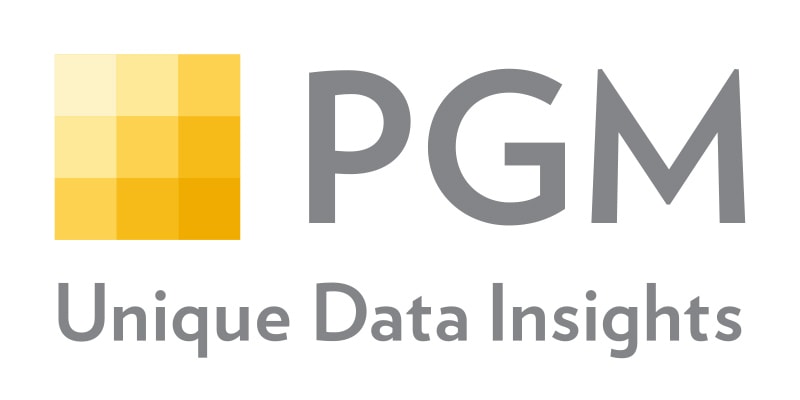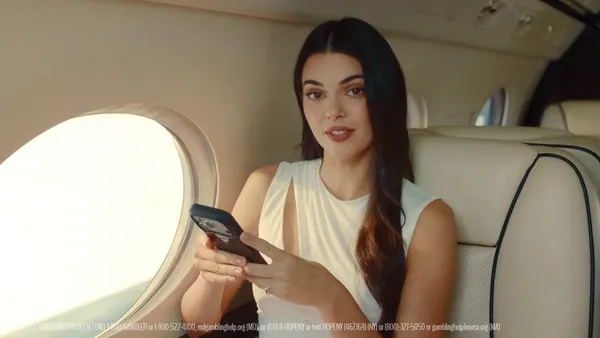Brief:
- At a company event livestreamed from SF Jazz on Wednesday, Google announced an expansive second generation of hardware products including the Pixel 2 smartphone, available in both regular and XL models; a high-performance Chromebook laptop called the Pixelbook; a smaller Google Home Mini connected device; a larger iteration of its smart speaker deemed the Google Home Max; wireless earbuds called Google Pixel Buds and a GoPro-esque attachable camera called Google Clips.
-
In unveiling each of these, Google executives and product designers emphasized how they showcase the growing convergence between artificial intelligence, software and hardware, as they all include machine learning capabilities and are linked to both Google Assistant and their sister products. Google says its digital assistant's voice recognition is now more than 95% accurate. The goal is for the technology to be "radically helpful," according to Rick Osterloh, SVP of hardware at Google.
-
The star of the show, the Pixel phones, feature new augmented reality capabilities including AR stickers exclusive to the platform developed with media partners like Disney, the NBA and Netflix's hit series "Stranger Things." A demonstration of the "Stranger Things" stickers showed how the virtual creations interact, not just with the environment, but with one another, as a version of the character Eleven vanquished the Demogorgon antagonist. Pixel phone cameras, which are specifically calibrated to accommodate AR, will also be the first to test out a previously-announced visual search tool called Google Lens further down the road.
Insight:
Google is a dominant force in the online space, controlling the vast majority of the digital ad market, but the event Wednesday — which sparked loud cheers from the live audience at several points — suggests that it may soon be positioned as one of the top players in hardware technology as well. After a positive reception to its first family of products launched last year, the Alphabet-owned company has grown far more confident in challenging its main competitors Apple and Amazon, at several points taking not-so-subtle digs at their offerings.
Isabelle Olsson, the lead designer for Home hardware, noted that consumers don't want their personal spaces filled with devices that are made of black plastic and blinking lights in a pass at Amazon's Echo speakers. The Google Home Mini — with its low price point of $49, small size and ability to double as an alarm clock — goes head-to-head with recent additions to Amazon's product line like the Echo Spot. The Google Home Max will compete with the heftier Echo Plus in a similar fashion.
Detailing the Pixel 2 and Pixel 2 XL, VP of Product Management Mario Queiroz emphasized that the bigger model does not get special features, poking fun at the iPhone X having facial recognition technology the iPhone 8 does not. Both devices are also cheaper than Apple's, with the Pixel 2 retailing for $649 and the XL for $849, which might be a crucial differentiator heading into the holiday shopping season. Google has partnered with Verizon to sell its phones.
Beyond more aggressive marketing for its family of hardware, Google has clearly cribbed some ideas for design over the past year as well. Last month, it paid $1.1 billion to bring on 2,000 engineers and technical staff along with some intellectual properties from the manufacturing giant HTC. The Pixel 2 suggests where some of those IPs come into play, as the phone can be squeezed to access Google Assistant with a technology Google is calling "Active Edge," echoing HTC's Edge Sense introduced earlier this year.
Also of interest for mobile marketers and developers will be the Pixelbook — the first laptop with Google Assistant built in. Pixelbook connects directly to mobile apps on the user's phone like Snapchat. Google said it's working closely with the team at Snap to bring the popular image-sharing platform's experience to larger screens, though what that would like wasn't detailed further. Pixelbooks, which cost $999 — the lowest price point of the iPhone X — will be available for purchase starting Oct. 31.
In terms of more concrete content plans, Google will introduce a slate of original VR series for YouTube, and now has more than 250 VR apps designed for its Daydream platform available for download.












